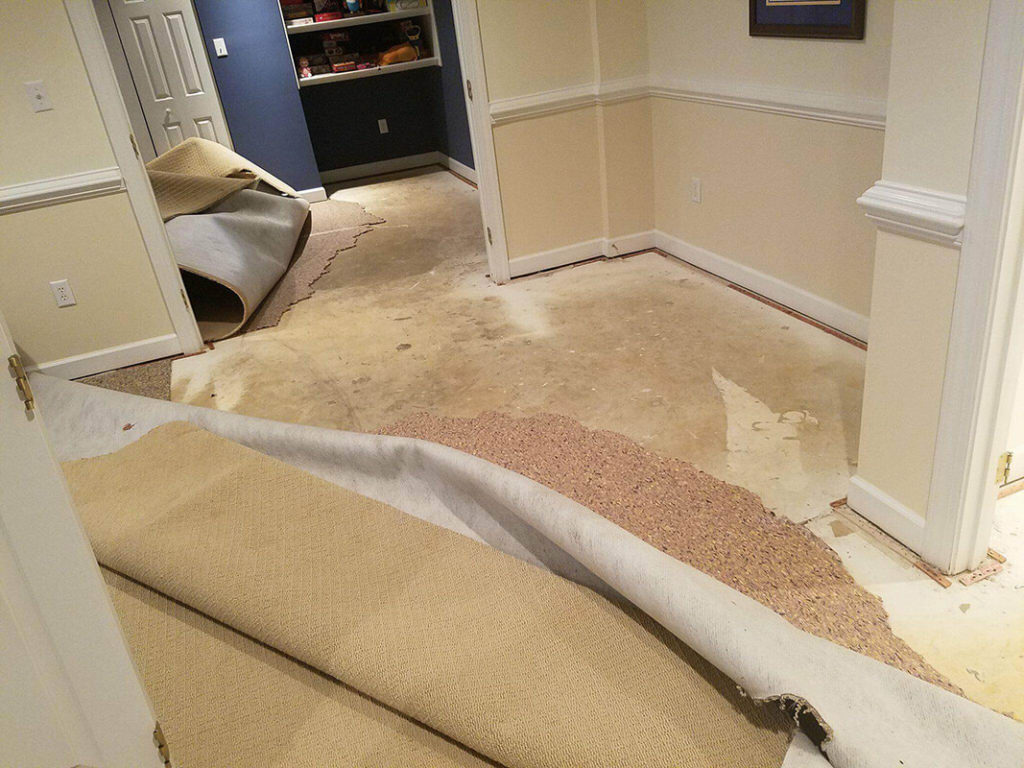Water damage and other losses caused by weather variations are often covered by your home insurance. Fortunately, many homeowners are insured and can make a claim if they sustain damage from a winter storm, spring thaw or cold snap. Depending on the type of policy you have, several types of risks and damage arising from the weather may be covered and you may be able to get help and compensation for losses from your insurance company.
Water damage is a problem that home owners have always dreaded.You probably think about weather-related insurance claims in terms of damage to your home, but liability can be a concern as well. There is a risk that if you don’t properly maintain your property, other people could get injured and you’d be liable. Fortunately, your home insurance covers liability as well. For example, if the mail carrier slips on ice on your walkway and gets hurt, or if snow or ice falls from your roof and injures a person below, you could be held responsible.
Any time an accident occurs on your property, the first step you should take is to contact your insurance company, even if you think it’s not your fault. The insurance company can then get involved to help you and give advice on the next steps. They may help with legal defense costs if needed, as well.
Be sure to keep in mind that there is the potential for severe water damage in your home from freezing temperatures or thawing snow. It is also important to remember that water consumption increases as more time is spent inside, which puts a lot of pressure on the pipes.
Ultimately, here are some common factors for water damage to occur due to cold weather issues. The issue of frozen pipes is one of the most common causes for water damage in the winter time.As the temperature can dip below freezing, the water in the pipes will freeze, causing the water molecules to expand, similar to a can of soda placed in a freezer. In this case, if the water expands too much, the pipe may burst. The water will then escape, causing water damage to the walls and floors of your home or building. Throughout the later months of winter, the potential for melting snow on your home poses a major threat for water damage. Therefore, if too much water accumulates on the roof, you could be at risk for flooding and even mold growth if the problem isn’t treated immediately.
In order to avoid this, be sure to use a snow removal rake in between snowfalls to safely remove the snow from the roof. Finally, do not forget about the gutters as the leftover water can refreeze and severely damage them. Normally if you have damage happening, like water coming into your home, the insurance company can be really useful because as soon as they become alerted you may send an emergency crew from Tip Top Restoration company out to help you prevent further damage. You don’t need to go through the situation alone. If you try and contact us after hours, you will be on the top of our list. Give TipTop Restoration the opportunity to get things resolved by our experienced professionals as quickly as possible.





